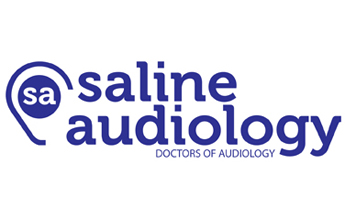Do You Need A Hearing Test?
Symptoms of hearing loss creep up gradually and are often much more apparent to other people than to us.
4:30 a.m. CST, March 5, 2014
“The symptoms creep up gradually, and they’re often much more apparent to other people than to us,” says Dr. Steven Rauch, an ear, nose, and throat (ENT) specialist at Harvard-affiliated Massachusetts Eye and Ear Infirmary, Boston.
It’s usually a person’s spouse or partner who notices hearing loss first.
“The spouse isn’t being heard, and notices that the person with hearing loss doesn’t hear the doorbell or cranks up the TV,” says Dr. Rauch. But you don’t have to wait for your spouse to alert you to the problem.
Be proactive by noting two crucial signs. One is that people around you always seem to be mumbling, and you can’t understand what they’re saying. The other is that you have a hard time carrying on a conversation in a noisy environment; you know someone is talking, but you can’t make out what they’re saying. If either of these symptoms occurs frequently, it may be time to see your doctor.THE NEXT STEP
Your primary care doctor or an eye-nose-and-throat doctor will do an exam to make sure your hearing loss isn’t the result of an infection, a tumor, or abnormal bone growth. If the cause is earwax buildup, the doctor can remove the blockage in the office. If the doctor believes you have hearing loss, possibly caused by aging, genes, or nerve cell damage from too much exposure to loud noise, you’ll need to see an audiologist for a hearing test.
Two or more “yes” answers below may indicate a hearing problem:
1. Is it hard to follow conversation when two or more people talk at the same time?
2. Do people complain that you turn the TV volume up too high?
3. Do you have to strain to understand conversation?
4. Do you have trouble hearing in a noisy background?
5. Do you find yourself asking people to repeat themselves?
6. Do many people you talk to seem to mumble (or not speak clearly)?
Source: American Speech-Language-Hearing Association
KNOW YOUR OPTIONS
Hearing loss may indicate that you’re a candidate for hearing aids. The devices have come a long way technology-wise, with significant improvements in miniaturization and circuitry development.
Generally, hearing aids are now smaller and therefore barely visible. They are available in many different styles, such as in-the-ear and over-the-ear, and have a wide range of programmable digital and analog features.
Some insurance plans pay for the devices, though Medicare generally does not. Prices for hearing aids range from hundreds to thousands of dollars. — Harvard Health Letter
(C) 2014. PRESIDENT AND FELLOWS OF HARVARD COLLEGE. ALL RIGHTS RESERVED DISTRIBUTED BY TRIBUNE CONTENT AGENCY, LLC.
